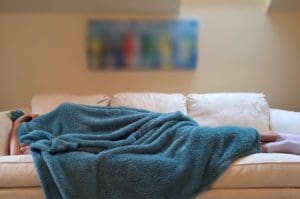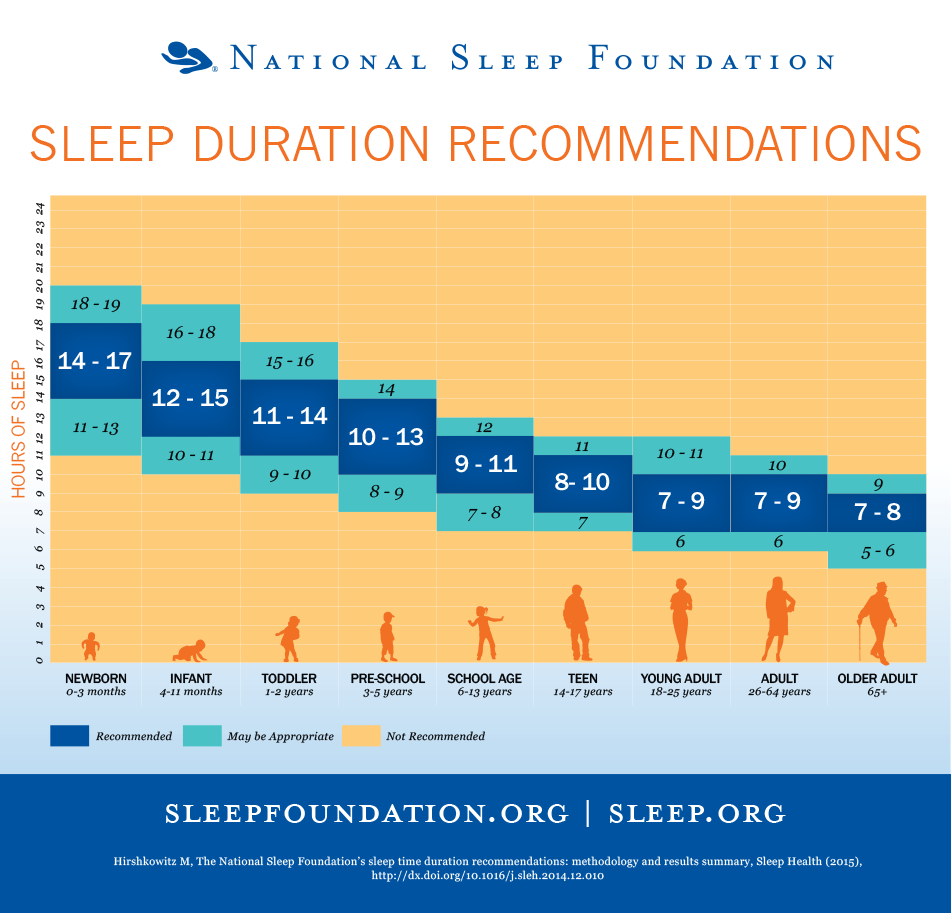 The article below is from the National Sleep Foundation, dedicated to improving health and wellbeing through sleep education and advocacy.
The article below is from the National Sleep Foundation, dedicated to improving health and wellbeing through sleep education and advocacy.
As the global voice for sleep health, National Sleep Foundation’s priority goals are to ensure that:
- Sleep is used as a vital sign of health by medical professionals and the public;
- The biological sleep/wake process is common knowledge;
- Workplaces, schools, homes and transportation infrastructures are designed to be sleep-friendly;
- Sleep science is rapidly incorporated into products and services.
Sleep is a vital indicator of overall health and well-being. We spend up to one-third of our lives asleep, and the overall state of our “sleep health” remains an essential question throughout our lifespan. Most of us know that getting a good night’s sleep is important, but too few of us actually make those eight or so hours between the sheets a priority. For many of us with sleep debt, we’ve forgotten what “being really, truly rested” feels like.
To further complicate matters, stimulants like coffee and energy drinks, alarm clocks, and external lights—including those from electronic devices—interferes with our “circadian rhythm” or natural sleep/wake cycle.
Sleep needs vary across ages and are especially impacted by lifestyle and health. To determine how much sleep you need, it’s important to assess not only where you fall on the “sleep needs spectrum,” but also to examine what lifestyle factors are affecting the quality and quantity of your sleep such as work schedules and stress.
To get the sleep you need, you must look at the big picture.
How Much Sleep Do We Really Need?
The National Sleep Foundation released the results of a world-class study that took more than two years of research to complete – an update to our most-cited guidelines on how much sleep you really need at each age. You can read the research paper published in Sleep Health.

We dedicate a week for sleep awareness. We should be aware of the importance of seep in our daily lives.